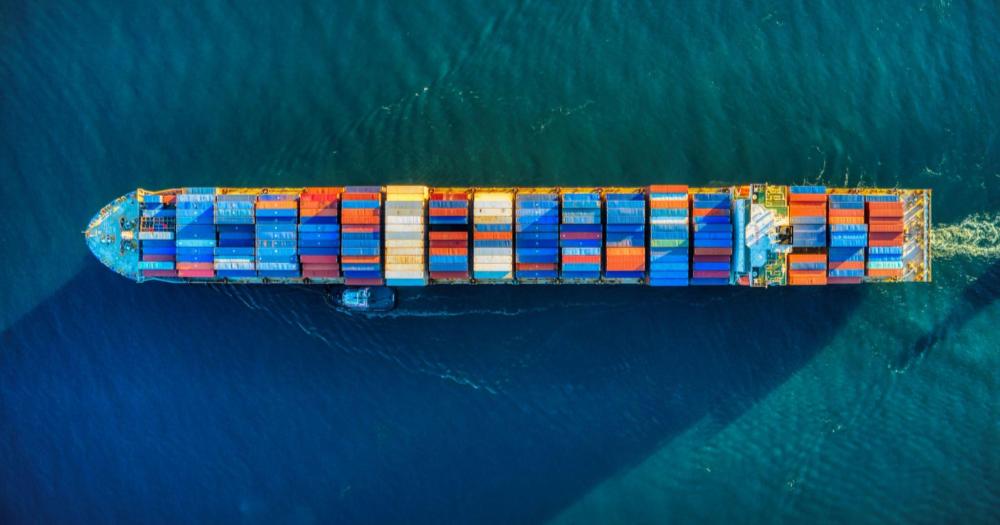Foreign Minister Vivian Balakrishnan made a written reply to a parliamentary question on the impact of Iran's missile and drone attack on Israel.
Impact on Singapore
Member of Parliament for Holland-Bukit Timah Christopher de Souza asked "what is the impact of the escalating tensions in the Middle East, arising from Iran's first direct attack on Israel, for Singapore."
He also asked that the impact of "possible intense tension in the Middle East, arising from the scale of the drone attack by Iran, for Singapore."
Vivian responded by repeating that Singapore was "deeply concerned" about the volatile situation in Middle East, citing Iran's claim of an attack on its diplomatic premises in Syria and Iran's retaliatory attack, both in April 2024, saying that they "exacerbated tensions and further destabilised an already tense region".
Singapore called on "all parties to exercise maximum restraint and avoid further escalatory actions".
In regard to the ongoing conflict in Gaza, it said the focus should be on an immediate humanitarian ceasefire, as well as the immediate and unconditional release of all hostages, and the safe and unhindered delivery of humanitarian assistance to afflicted civilians throughout Gaza.
Wider conflict
Vivian said that a wider conflict would affect the safety and security of all in the Middle East, including Singaporeans and Singaporean companies living and operating in the region.
But there is also a risk that the regional tensions would affect international energy markets, disrupt commercial aviation and international supply chains.
This is already taking place, as the Iran-backed Houthi forces in Yemen had caused a significant portion of international shipping to take an alternate route when traveling between Asia and Europe.
Boiling point
Tensions between Israel and Iran have simmered for decades, but began to heat up even further after the Oct. 7 attack by Hamas.
Hamas is reportedly supplied in part by Iran, and there were concerns that any military action against Hamas would allow for attacks by other Iranian-backed forces in the region, such as Hezbollah.
As Israel's military offensive into Gaza progressed, Houthi forces in Yemen, also backed by Iran, began to threaten shipping passing through the Gulf of Aden.
Tensions between Israel and Iran reached boiling point when an Israeli airstrike killed several Iranian military leaders who were in the Iranian consulate in Damascus, Syria, early in April.
Iran said that it would retaliate, and subsequently launched hundreds of drones and rockets against Israel, but most were stopped before hitting their targets.
Those that got through did minimal damage.
Tensions almost boiled over as the world held it breath over what Israel's response might be.
However, for the moment, conflict between the two appears to have abated for the moment.
Related stories
Top image by Venti Views on Unsplash

If you like what you read, follow us on Facebook, Instagram, Twitter and Telegram to get the latest updates.



